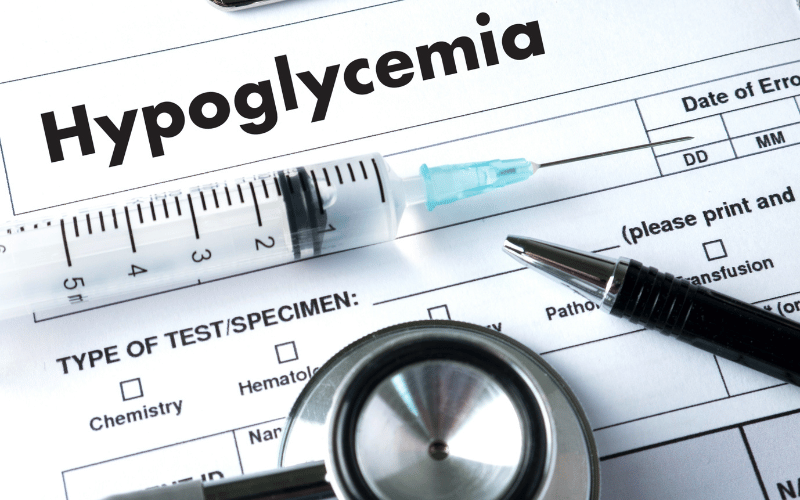FAQs: Understanding Hypoglycemia
Advertisements
 Advertisements
Advertisements
1. What is hypoglycemia and what causes it?
Hypoglycemia refers to abnormally low blood sugar levels, typically below 70 mg/dL. It can be caused by various factors including certain medications like insulin, excessive alcohol consumption, inconsistent meal times, and excessive physical activity.
2. How do I know if I’m experiencing hypoglycemia? What are the symptoms?
Common symptoms include shakiness, dizziness, sweating, hunger, irritability, confusion, and difficulty speaking. In severe cases, it can lead to unconsciousness. If you suspect hypoglycemia, check your blood sugar levels immediately.
3. What should I do if my blood sugar is too low?
Consume 15-20 grams of fast-acting carbohydrates, such as glucose tablets, fruit juice, or candy. Wait 15 minutes, then recheck your blood sugar. If it’s still low, repeat the process. Once stabilized, eat a meal or snack to prevent recurrence.
4. Can hypoglycemia occur if I don’t have diabetes?
Yes, hypoglycemia can occur in individuals without diabetes, though it’s less common. Non-diabetic hypoglycemia can result from certain medical conditions, medications, or excessive alcohol consumption.
5. How can I prevent hypoglycemia?
Regularly monitor your blood sugar levels, eat balanced meals and snacks at consistent times, manage your medications correctly, and adjust your diet and medication around physical activity. Always consult your healthcare provider for personalized advice.
6. What role does diet play in managing hypoglycemia?
Maintaining a balanced diet with low GI foods, and including protein and healthy fats can help stabilize blood sugar levels. Regular meals and snacks prevent significant drops in blood sugar.
7. Is hypoglycemia a serious condition?
While it can be managed, hypoglycemia should be taken seriously. If left untreated, it can lead to severe complications including unconsciousness. It’s crucial to recognize symptoms and respond quickly.
Conclusion: Empowering Yourself in the Management of Hypoglycemia
Navigating the complexities of hypoglycemia requires a multifaceted approach, combining self-awareness, education, support, and proactive management strategies. By understanding the various factors that contribute to low blood sugar levels and developing tailored plans to mitigate these risks, individuals can lead full and active lives, minimizing the impact of hypoglycemia.
Regular communication with healthcare providers, continuous learning, and the support of loved ones create a strong foundation for effective hypoglycemia management. Whether it’s through medication management, diet and exercise, or the utilization of tools like continuous glucose monitors, there are a multitude of strategies available to prevent and respond to hypoglycemia.
Empowerment lies in knowledge and action. By arming oneself with the information and tools necessary to navigate hypoglycemia, and cultivating a support network, individuals can take control of their health, ensuring that hypoglycemia is a manageable part of their journey, not an obstacle.